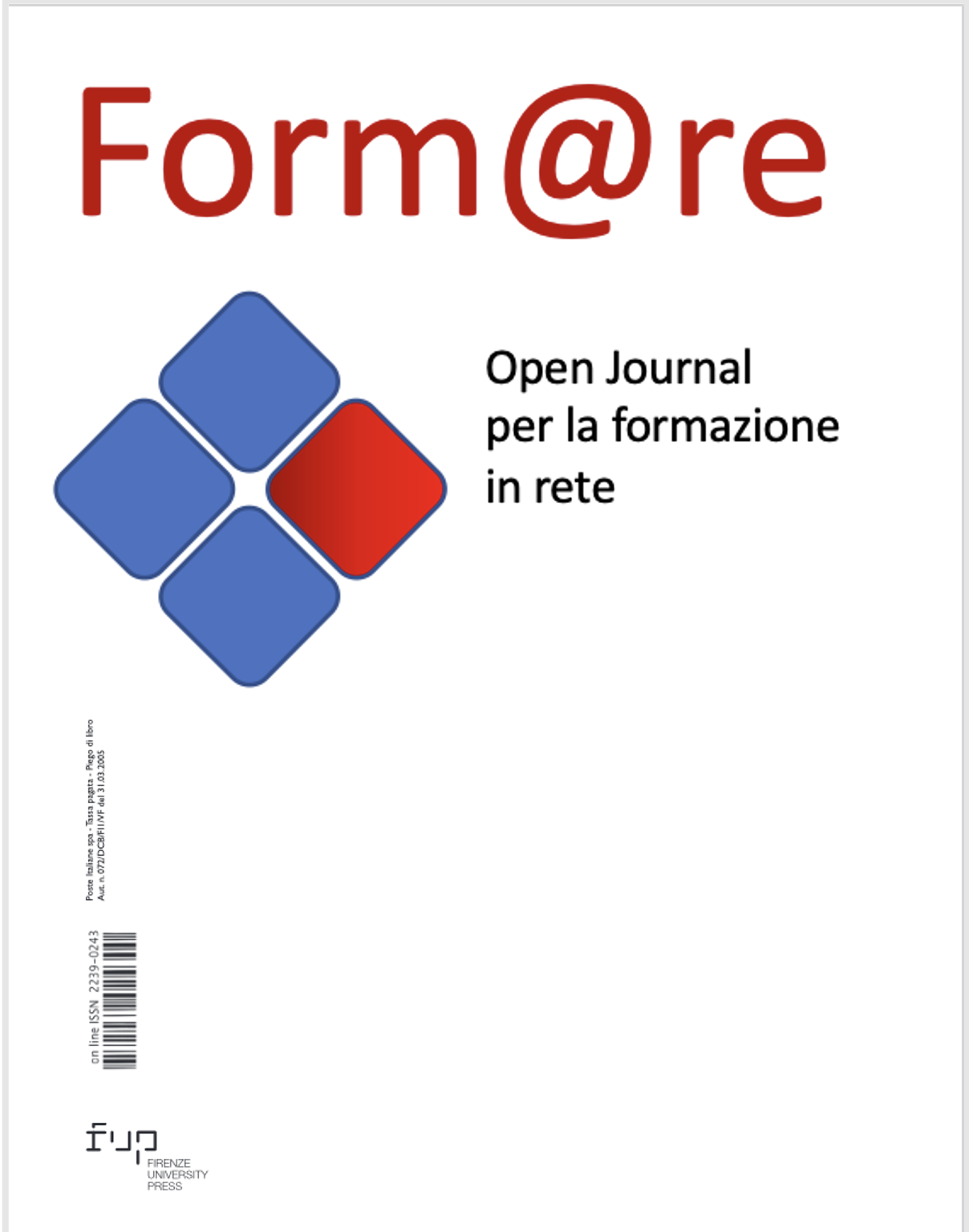Transformation School drop-out, early leaving from education and training, drop-out: different terms to describe a single educational emergency that national and European institutions have been trying to tackle for years (Council of the European Union, 2021; MIUR, 2014). The consequences of this phenomenon have a significant impact on individual well-being and represent a high social cost. Numerous studies highlight the complexity of the problem, which is influenced by multiple factors, including social deprivation, family background, socio-economic conditions and residence in disadvantaged areas such as deprived suburbs, isolated territories, smaller towns, the South and islands.
Although schools alone cannot solve the problem of early school leaving, the way the school experience is designed and delivered plays a crucial role. The quality of teaching and the attention given to students by managers, teachers and other actors in school life significantly influence retention in the school system and educational success.
Among the many factors affecting teaching practices, one aspect still little explored concerns the role of teachers’ implicit beliefs. Research suggests that these beliefs influence the methodologies adopted in the classroom and, consequently, student engagement and motivation, with a direct impact on the risk of dropping out.
Alongside this, teaching strategies, the way lessons are conducted, the focus on learning processes, the use of formative assessment, the care of school environments and support for student growth are also key levers for preventing drop-out. On these aspects, research still has much to investigate, identifying practices and approaches capable of making the school a more inclusive and motivating context.
Starting from these premises, the journal Form@re devotes the monographic section of the next issue to the analysis of the role that schools, their didactic approaches and educational practices can play in combating early school leaving. The intention is to gather contributions that explore the topic in depth through theoretical studies, empirical and experimental research, analyses of best practices, discussions of case studies and reports of local, national and international projects.
The issue will be edited by Giovanni Bonaiuti, Anna Dipace and Filippo Bruni, who are working on this issue through a PRIN project called TALENTED.
The following are invited to participate: university lecturers, researchers, assignees and PhD students, school managers, primary and secondary school teachers, and experts interested in the subject.
Manuscript Submission
- Each manuscript in form of “Article” shall be up to 50.000 characters in length (spaces, cover page, references included). See the editing rules and template.
- Each manuscript in form of “Practices/Considerations” shall be up to 30.000 characters in length (spaces, cover page, references included). See the editing rules and template.
- Submitted papers must not have been previously published nor currently under consideration for publication elsewhere.
- The cover page must contain a title, an abstract and up to five key words; all these elements must be in English and Italian. The papers must contain first name, last name, affiliation and e-mail address of the authors (the editors will remove all the personal details for a double-blind peer review process).
- Completed manuscripts and their subsequent revisions will be submitted only via the Form@re website (https://oaj.fupress.net/index.php/formare/about/submissions). Follow the guidelines of the journal to submit your contribution.
- To submit a contribution, you will need to register as an “Author” on the journal website.
Languages of the contributions: Italian, English, French.
Deadline for submitting full manuscripts for call 2/2025: March 31, 2025 (contributions received after March 31 will be considered for the following issue of the journal).
Publication of issue 2/2025: June 30, 2025.
Please download full call for papers and authors guidelines here: ita eng

